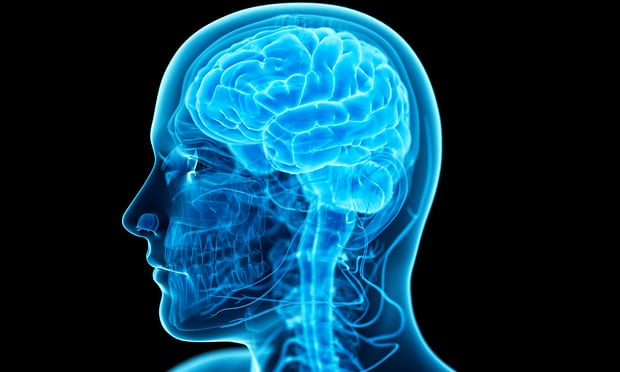
It could be a shocking way to treat future criminals. Scientists have found that a session of electrical brain stimulation can reduce people’s intentions to commit assaults, and raise their moral awareness.
Researchers at the University of Pennsylvania and the Nanyang Technological University (NTU) in Singapore explored the potential for brain stimulation to combat crime after noting that impairment in a part of the brain called the prefrontal cortex has been linked to violent acts.
They recruited 86 healthy adults and gave half of them 20 minutes of brain stimulation before asking the whole group to read two hypothetical scenarios, one describing a physical assault, the other a sexual assault. Immediately afterwards, the participants were asked to rate the likelihood that they might behave as the protagonist had in the stories.
For those who had their brains zapped, the expressed likelihood of carrying out the physical and sexual assaults was 47% and 70% lower respectively than those who did not have brain stimulation. In the first scenario, Chris smashes a bottle over Joe’s head for chatting up his girlfriend, and in the second, a night of intimate foreplay leads to date rape.
Prof Olivia Choy, a psychologist at NTU, said that while neuroscientists long ago established a link between impaired activity in the prefrontal cortex and antisocial behaviour, it was unclear whether the reduced brain activity was a trigger for violent acts. “We wanted to test if there is a causal role for that brain region,” she said.
Using a procedure called transcranial direct current stimulation, or tDCS, Choy and her colleagues Adrian Raine and Roy Hamilton at the University of Pennsylvania, delivered a 2 milliAmp current to the prefrontal cortex of volunteers to boost the region’s activity.
Writing in the Journal of Neuroscience, the researchers describe how brain stimulation reduced people’s intentions to commit assaults and made them more morally opposed to the acts. But in the lab at least, the stimulation did not reduce actual violent acts. Part of the study allowed the volunteers to vent their emotions on voodoo dolls, which ended up peppered with pins regardless of whether they had brain stimulation or not.
The scientists stress that far more work is needed to confirm whether or not brain stimulation might help to reduce violent crimes in the future. But if it turns out to be effective, Raine believes it could be offered to convicted criminals along with other more traditional interventions.
“When most people think of crime they think bad neighbourhoods, poverty, discrimination, and those are all correct,” said Raine. “But we also believe that there’s a biological contribution to crime which has been seriously neglected in the past. What this shows is that there could be a new, different approach to try and reduce crime and violence in society.”
Caroline Di Bernardi Luft, a psychologist who studies tDCS at Queen Mary, University of London, points out that the study was not performed on criminals and that it will be hard to prove that brain stimulation can reduce real life crime.
Brain stimulation might also backfire she said. “It gives your brain a little push. And if it increases whatever is already going on in your brain, you might actually make matters worse,” she said. One way to prevent that could be to give brain stimulation while people perform tasks that are designed to boost their moral awareness, she added.
The scientists now hope to run experiments on a larger number of people using a more targeted brain stimulation procedure. By boosting activity in a brain region called the ventral prefrontal cortex, they hope to help people control powerful emotions that lead to impulsive assaults.
“If the science down the road shows that this can work and change behaviour, what’s so heinous about giving this as an option with people’s consent?” said Raine. “I see this coming and we need to be prepared for it.”

